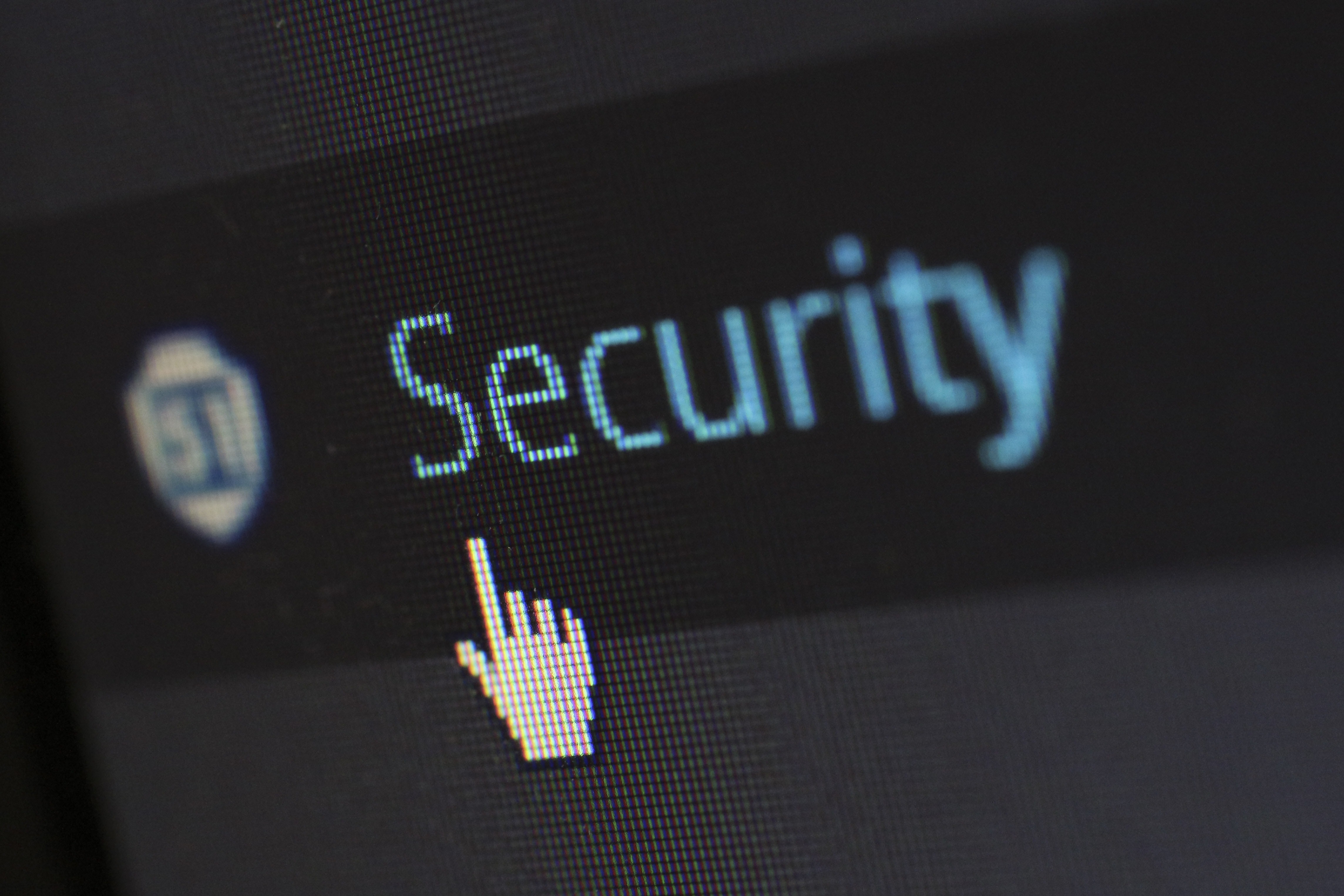
Right to Privacy: Digital World Redefining the Concept
10-Aug-2021 | Article by Legal White Official
In 1890, the idea of privacy was penned down by the supreme court Justice Louis Bandeis. During that time, the privacy law was applied only for physical interference; but now the inception of World Wide Web has restructured the concept of communication and encourages a dire need of redesigning privacy laws in cyberspace. Internet is a revolution and privacy has revolutionized the digital space. With the massive use of internet and social media, it has become necessary to define the privacy laws.
Internet VS Privacy
The Privacy Act, 1974 “prevents unauthorized disclosure of personal information held by the federal government.” With the advancement of technology, the idea of personal privacy is not as same as it was a century ago. Evidently, the amendments cover a little scope of protecting personal space and does not guarantee “private space” hence, needs a different spectrum that addresses digital privacy.
Considerably, the right to privacy is “most often protected by statutory law”. The privacy law is practiced even in health sector which protects individual’s health information under the Health Information Portability and Accountability Act (HIPAA). Whereas the Federal Trade Commission (FTC) enforced the privacy right in various policies and statements; but unfortunately, does not address the privacy in digital space.
Privacy Law for Internet in India
The privacy provisions for the internet in India is written in the Information Technology Act (ITA) 2000. Within the IT Act, various provisions can be found for online privacy as well as dilute online privacy.
Online privacy protects data stored by corporate bodies; penalize child pornography, hacking and fraud. Whereas, Law enforced under dilute online privacy give access to user’s personal information, collection of internet traffic data, real-time monitoring and decryption of digital communication.
The Complications of Privacy Law
Since the nature of communication has changed and we know that the information on the internet is being exchanged limitlessly. However, it complicates the privacy law in India, because every individual’s personal information travels overseas depending upon the jurisdictions, they fall into. For example, people using Gmail in India are subjected to the laws of the United States. Meaning, the US has India’s data which could be damaging in unfavourable situations.
The best example of this complication is NSA leaks case, because Indian data was in the hands of US servers. With no obligation, the US could access and use the data anytime they want. To come out of the same, the government of India stated that all facts need to be known before the action is taken, and the citizens decided to put the companies aside (Like Google, Facebook etc.) who disclosed the data to the US security.
Once the problem came forward, many industries started demanding for “domestic servers”. Similarly, when the PRISM scandal came into public, the National Security Advisor asked the Telecom Industry to only transfer data via Indian servers. This is the only reason the idea of privacy debate and awareness in India is growing and encouraging the government to execute the same.
The need of the hour
Witnessing the inadequacy within the privacy law, India shall understand the need to protect the data and information shared through the internet. India must start to practice the ideas like choice and consent to share information, access limited data, provide notice before disclosure of any information, accountability of platforms, close surveillance, regulatory framework etc. which would possibly ensure data privacy and would justify the right to privacy given to every individual of India.
Huge amount of data is being exchanged between individuals and the internet society. And data breaching has become one of the major concerns in India and government shall begin to redesign the privacy law as it is a fundamental right of every citizen of India.
